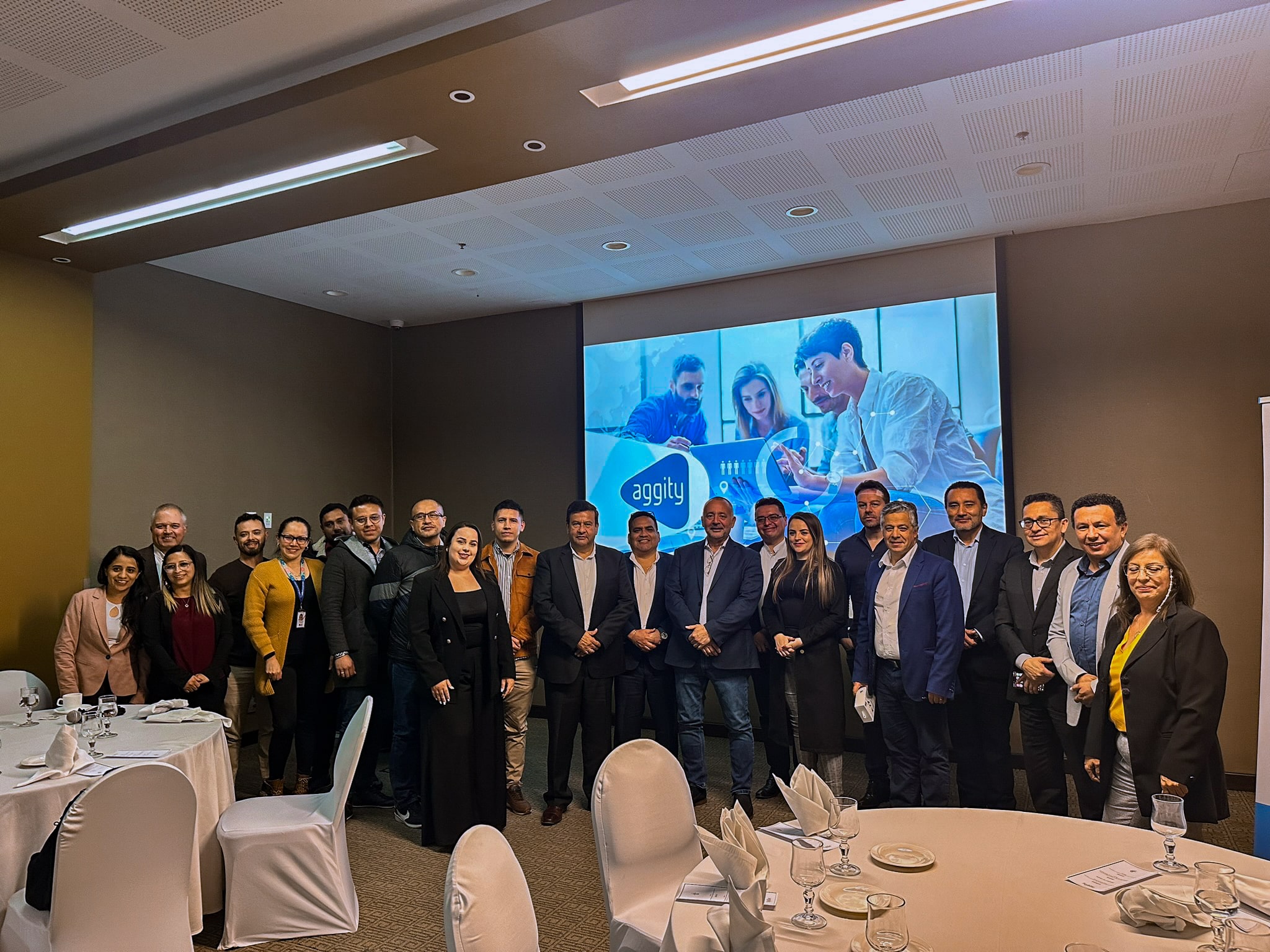Social MES ensures connection and intercommunication of everything to everything
OBSOLETE MACHINERY AND CONTROL SYSTEMS
Other conclusions have more to do with the ability to solve certain problems. Thus, 52% of these industries do not know how to reduce raw material wastage or overfilling. 67% of factories are producing between 4% and 8% too much to meet their demand, well above an adequate tolerance margin (between 1% and 3%).
These data reveal a problem of obsolescence, both in terms of machinery and control and measurement procedures. But to face it, a recurrent starting point is assumed since the first Industrial Revolution: investment in new production equipment. This erroneous vision is complicated by the range of existing technologies and solutions to undertake this process of reconversion: advanced robotics, cybernetic systems, artificial intelligence, 3D printing and IoT, among others, seem to embody the benefits of this fourth Industrial Revolution.
However, this vision hides other simpler, lower cost and more effective solutions to improve any production process. For example, an automatic data capture system or, going one step further, an MES solution reduces the time to take corrective action in the event of a production problem and results in a 30% reduction in related costs.
52% do not know how to reduce raw material wastage or overfilling
SOCIAL MONTH FOR REAL PROBLEMS
We are not talking about miracles or magic tricks, but about the application of digital solutions that have been developed exclusively for manufacturing environments and that have proven their usefulness in a significant number of facilities around the world. These MES solutions allow, in a first step, to increase the productivity of the factory in ratios between 30% and 35%, only with the automation of data capture in a reliable way and in real time. In addition, they also manage to involve and integrate all departments – planning, production, quality, maintenance, logistics… – becoming the true heart of the “smart” factory, in which to support the continuous process of digital transformation that will make the existence of an industry 4.0 feasible.
To achieve this, we, the MES solution providers, have taken it upon ourselves to make them ready and prepared for the new Industry 4.0 environment,
intermediate step in the development of a true smart factory, in which plant automation must be done in parallel to its connection with the supply chain, distribution centers and all business management systems.
At this point, there are three nuances: capturing data, even digitally from machines, is not an MES system; having a large volume of data does not mean having relevant information; and, finally, an MES solution also falls short for the new Industry 4.0 context.
On new technologies based on IoT contributions, big data, artificial intelligence, virtual and augmented reality, and the like, a process of interconnection has to take place that must encompass machines, devices, systems, people and all the economic actors with which our factory is related, from raw material suppliers to the distribution channel, including customers and partners.
This is what we call Social MES, a system that ensures the connection and intercommunication of everything with everything, in which we apply, in addition to the logic of traditional MES systems, an extra layer based on a new generation of applications of social business for collaborative management based on social networks, machines connected to corporate networks and interacting with each other, apps and web applications and mobile devices of all kinds. This ensures a production environment in which information flows in order to be more efficient and effective, to produce more and better, and with adjusted costs.
With the data we have on real applications, we can speak of spectacular results in FMCG factories where we have managed to increase productivity by 30%, eliminate downtime by 75%, reduce paper use by 90% and improve production quality by 20%.
This whole process of digital transformation of the industry can be very simple. The idea is to take advantage of the knowledge and use that end users make of all kinds of communication, collaboration and social networking tools, and transfer it to a secure and confidential environment within the company. In parallel, you must be able to combine and connect them with traditional transactional and management systems (ERP, CRM, CMS), mobility technologies, intelligent information analysis, IoT, robotics and artificial intelligence.
Factory 4.0 must be not only smart, but also social.
Author: Oscar Pierre – President and CEO aggity
Interview for digitalbizmagazine
Últimos posts

aggity strengthens its commitment to sustainability as a SILVER partner of “Fundación Empresa & Clima”.
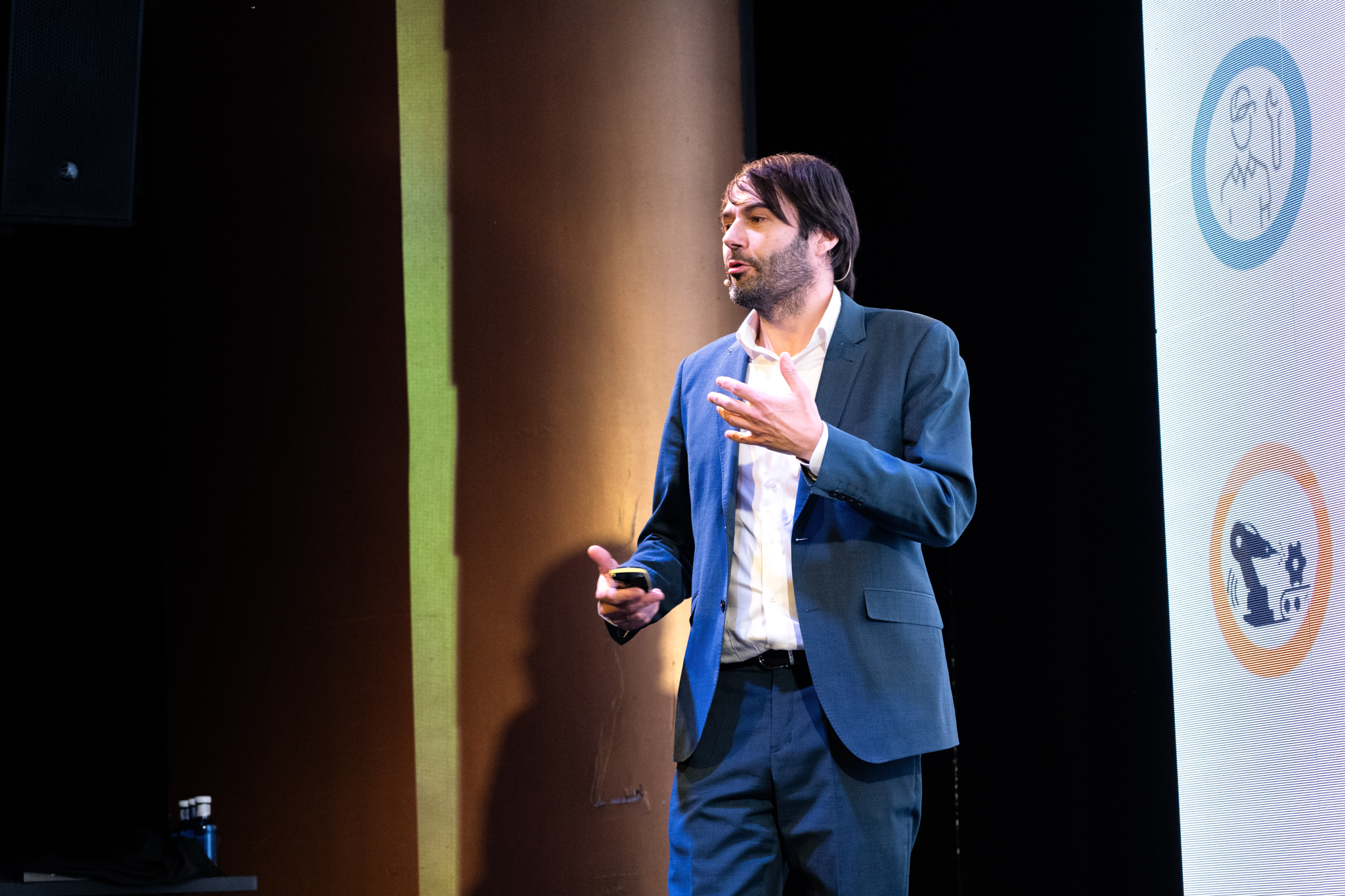
aggity participates in the IBM Ecosystem Summit 2024 with an applied case of Generative AI in the food industry
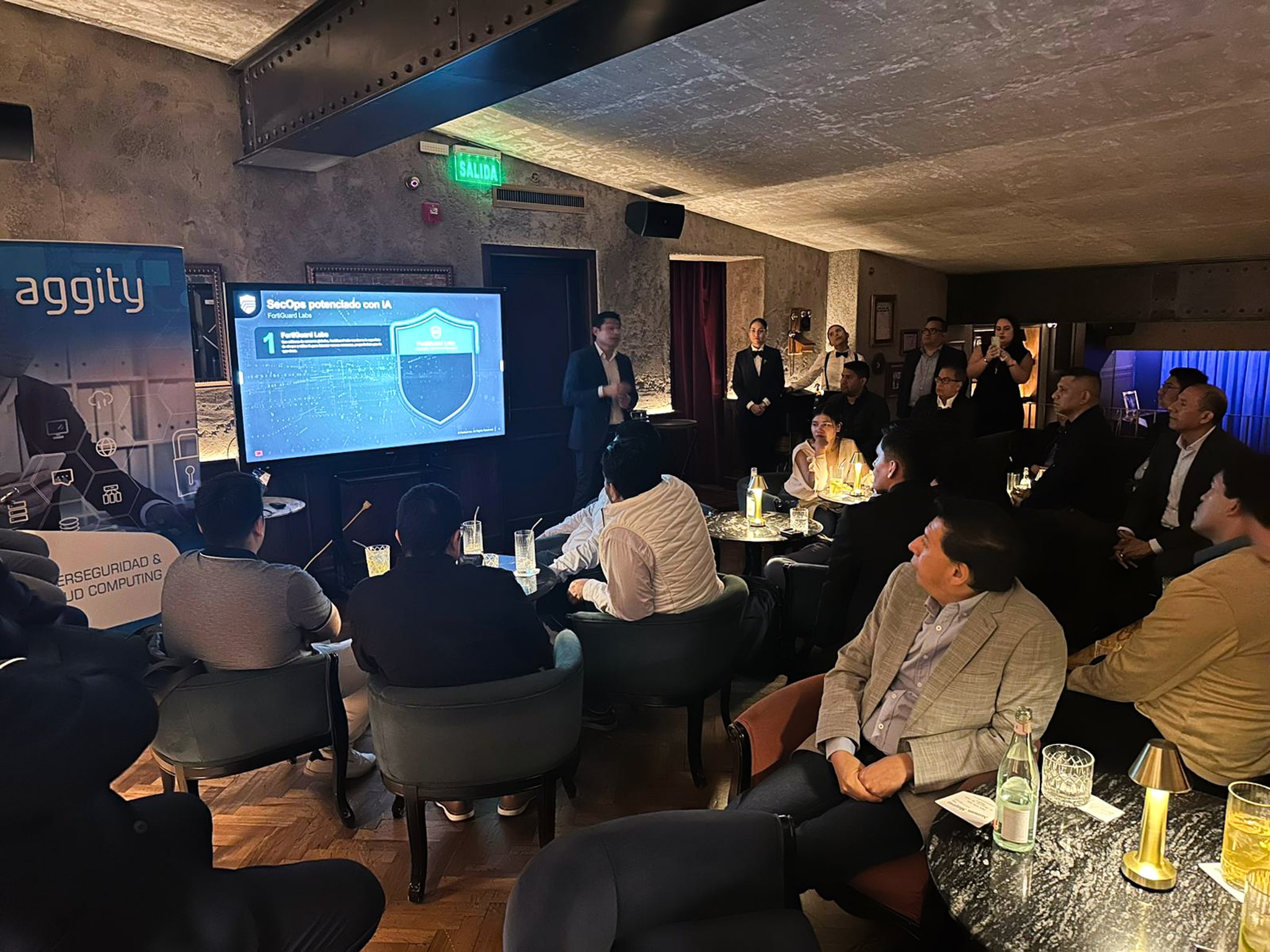
Aggity, together with the multinational Fortinet, present an exclusive event in Lima on the application of Generative AI in Corporate Cybersecurity.
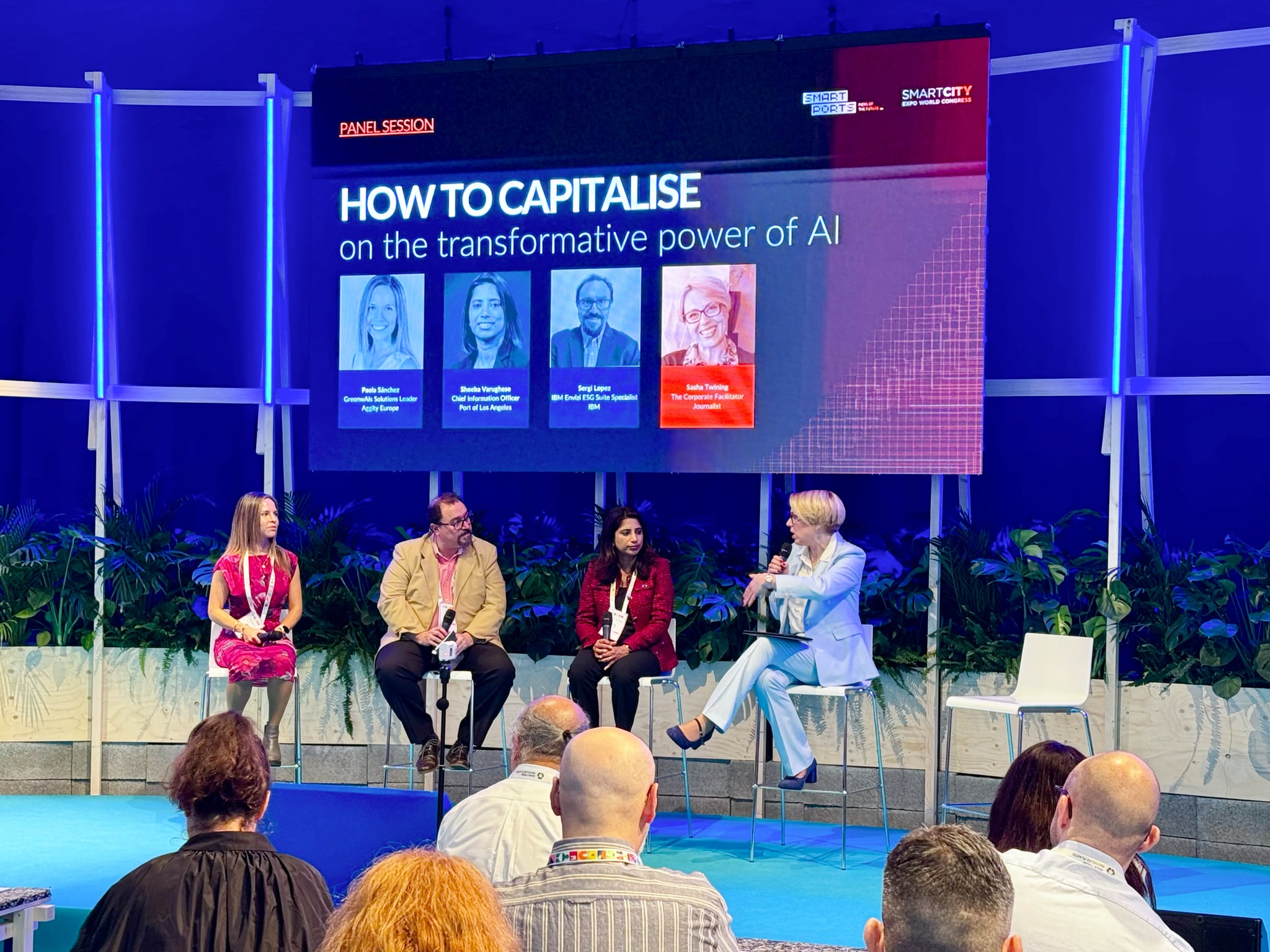
aggity participates in Smart Ports: Piers of the Future

aggity Supports the Contigo Foundation at its Annual Dinner
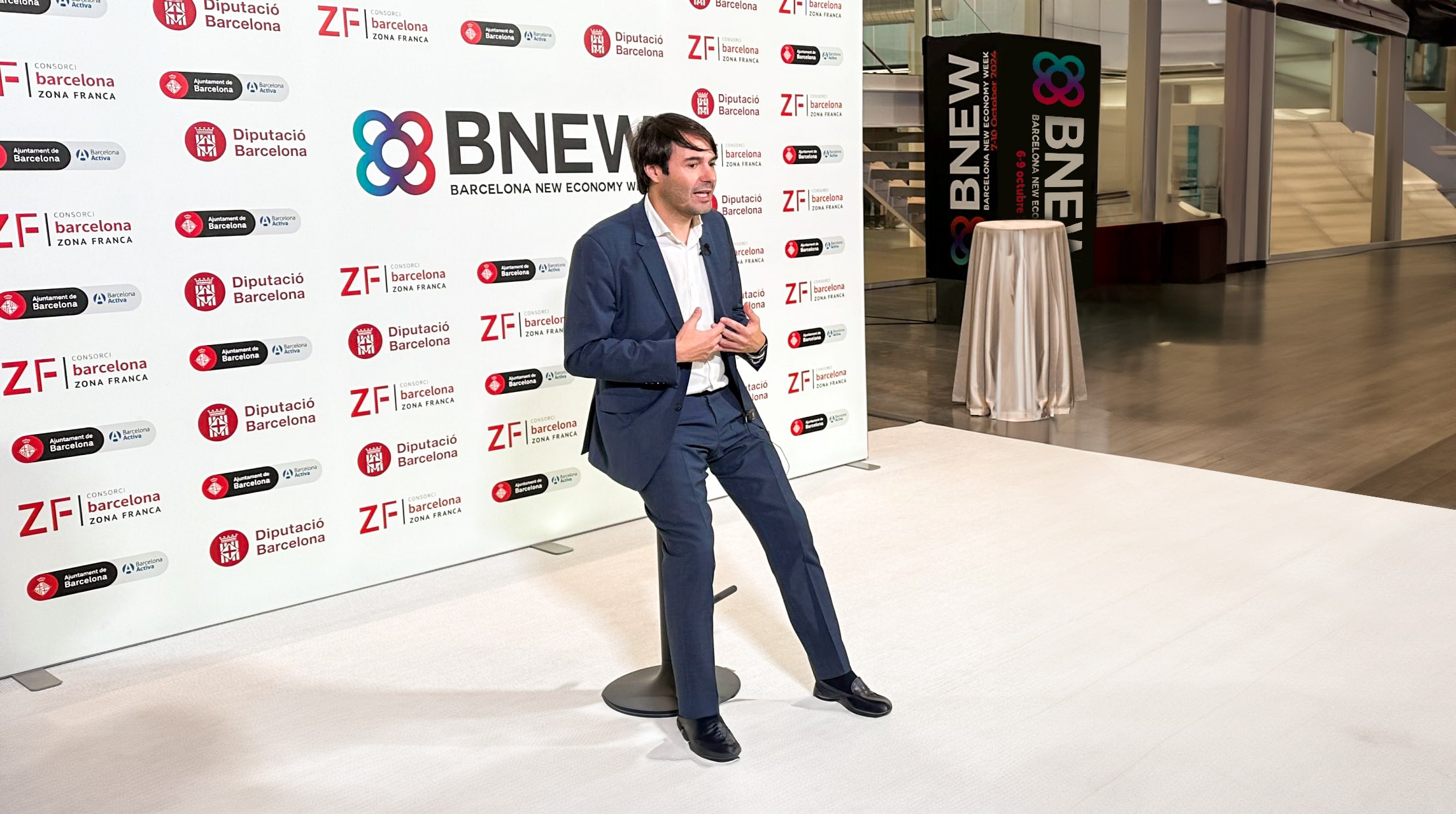
Challenges and Opportunities of Generative AI in Industry: Our Experience at BNEW

Official Liferay Partner in Spain
